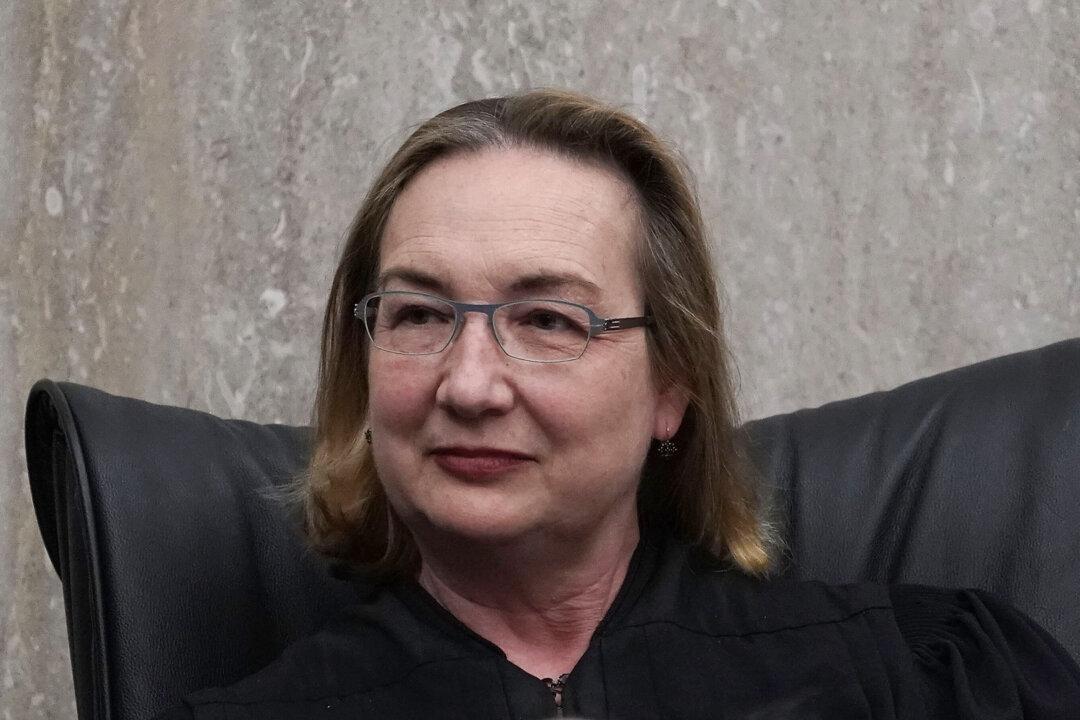A federal judge claimed that former President Donald Trump might flee if he learned of a secret warrant, according to newly unsealed documents.
U.S. District Judge Beryl Howell said that “immediate notification to the customer or subscriber of the TARGET ACCOUNT(S) would seriously jeopardize the ongoing investigation, as such a disclosure would give that person an opportunity to destroy evidence, change patterns of behavior, notify confederates, and flee from prosecution,” according to a filing from Twitter that was among those unsealed by the judge on Aug. 15.





